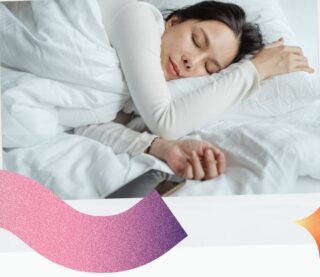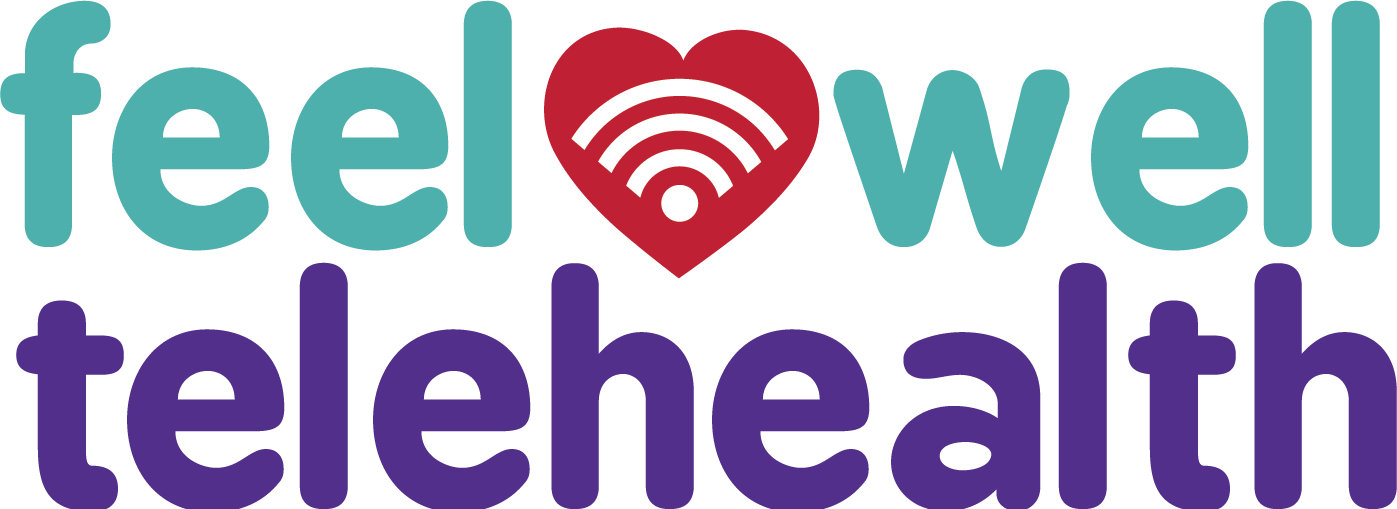10 surprising myths and facts about melatonin and your sleep

Sleep is a basic human need and melatonin is a key player. But there is a lot of conflicting information out there about melatonin, and it can be tricky to sort out facts from myths.
Melatonin is a hormone that your brain produces in response to darkness. Melatonin works in the regulation of your circadian rhythm (also known as sleep–wake cycle). At night, your melatonin increases helping you to feel sleepy.
1. Melatonin supplement is the same as the melatonin the body produces: Myth.
Synthetic melatonin is the most popular over-the-counter sleep aid. In 2020 its sales in the US were over $800 million. However, studies are not conclusive to show it has real benefit. Supplements don’t work the same way as the melatonin your body produces.
2. A higher dose of melatonin supplement works better: Myth.
Taking too much melatonin can actually cause rebound insomnia. It’s recommended to start with the smallest dose and increase if necessary. If you buy a slow-release tab don’t cut or chew it. If you’re considering taking melatonin supplements, first check with your healthcare provider or a sleep specialist — especially if you have any health conditions.
3. Melatonin supplement is safe and there are no negative side effects: Myth.
The most common negative side effects are headache, dizziness, nausea, and drowsiness.
Other possible side effects include:
- Rebound insomnia, abnormal dreams, sleepiness in the morning, tiredness.
- Depression, anxiety, irritability, aggression, restlessness, feeling hungover, mood swings, tremors.
- Increase weight, night sweats.
- Chest pain, hypertension, hypotension,
- Abdominal pain, diarrhea, heartburn, mouth ulcers, dry mouth.
- Pain in the extremities.
- Dermatitis, itchy, dry skin.
- Can possibly decrease fertility.
- Melatonin supplement has no medication interaction: Myth.
It may interfere with:
- Anticoagulants and anti-platelet drugs – increasing the risk of bleeding and bruising.
- Anticonvulsants – inhibiting the effects of meds and increase the frequency of seizures.
- Contraceptives – increasing your levels of melatonin too high.
- Immunosuppressants – stimulating your immune function.
- Diabetes medications – causing hypoglycemia or hyperglycemia.
- Sedative medications – causing breathing problems.
- Melatonin supplement label is reliable: Myth.
Melatonin supplement is not regulated by the US Food and Drug Administration (FDA) as it is considered a dietary supplement. A study published in the Journal of Clinical Sleep Medicine found that the content of more than 70 percent of melatonin supplements varied widely from their label claims. The concentration ranged from 83 percent less than the amount listed to 478 percent more.
- Prescription for Melatonin is not necessary in the US: Fact.
Melatonin is sold over the counter in the United States, Canada, Brazil, and other countries.
However, in the United Kingdom, Australia, and the European Union, it is sold with a prescription and has some age restrictions.
- Pregnant and breastfeeding women can safely take melatonin supplement: Myth.
It is not recommended during pregnancy or breastfeeding as not enough reliable information is available. Stay on the safe side and avoid using it.
8. Melatonin production decreases in advanced age: Fact.
Your body’s melatonin production decreases gradually over the years. This decrease may be related to lower sleep efficiency and disturbance of the sleep-wake cycle in the elderly.
- Some foods have melatonin: Fact.
Research shows good levels of melatonin on tart cherries, bananas, plums, grapes, rice, cereals, some herbs, olive oil, milk, pineapple, and orange. But how much they help with sleep is not conclusive. And how much of those foods you need to eat to have sleep benefit is not known.
- Insomnia can get better with treatment: Fact.
- Cognitive behavioral therapy for insomnia (CBT-I) is the most effective treatment for chronic insomnia. Your sleep can have significant improvement in a few sessions with a clinician.
- Sleep hygiene and stimulus control retraining can help you improve your sleep, and you can do it on your own.
- Prescription medications may be indicated for acute situational insomnia for less than 3 months.
- Consult your healthcare provider to assess and treat possible underlying health issues such as anxiety, depression, sleep apnea, restless legs syndrome, hormonal imbalance, and others.
- Watch the free videos with sleep tips on our YouTube channel. Please subscribe and like the videos 😊 https://www.youtube.com/channel/UCmGxmPvg0-2AHyFhEiUmd2w .


